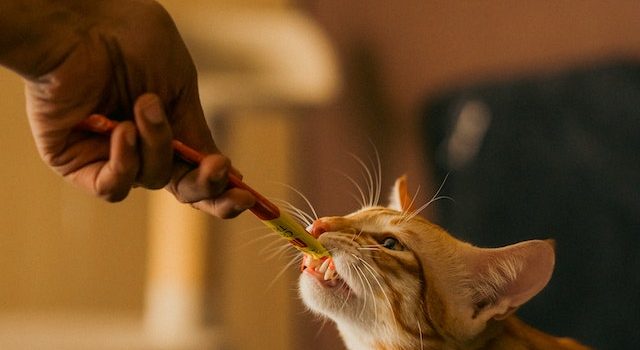
Introduction: A cat’s lack of appetite, also known as anorexia, should never be taken lightly. It is crucial for pet owners to recognize the importance of addressing this issue promptly. A loss of appetite in cats can be a symptom of underlying health problems, and delaying intervention can have serious consequences. In this article, we will highlight the significance of addressing your cat’s lack of appetite as soon as possible to ensure their well-being.
- Early Detection of Underlying Health Issues: A cat’s refusal to eat can be an early indicator of various underlying health problems. These may include gastrointestinal disorders, dental issues, urinary tract problems, kidney disease, liver conditions, or infections. By seeking prompt veterinary attention, you increase the chances of early detection, accurate diagnosis, and timely treatment of any potential health concerns.
- Prevention of Nutritional Deficiencies: Cats have unique dietary requirements, and a prolonged lack of appetite can lead to serious nutritional deficiencies. Essential nutrients such as proteins, vitamins, and minerals are necessary for their overall health. Promptly addressing the lack of appetite ensures that your cat receives the necessary nutrition to maintain their energy levels, immune function, and overall well-being.
- Avoidance of Dehydration: When a cat stops eating, they may also decrease their water intake, which can quickly lead to dehydration. Dehydration can have severe consequences for a cat’s health and may require immediate medical intervention. Addressing the lack of appetite early on helps ensure your cat remains properly hydrated and prevents complications associated with dehydration.
- Maintenance of Healthy Weight: Sustained loss of appetite can lead to rapid weight loss in cats, especially if it persists for an extended period. Significant weight loss can weaken their immune system, impair organ function, and increase the risk of other health issues. Addressing the lack of appetite as soon as possible helps prevent unhealthy weight loss and promotes a healthy body condition.
- Prompt Treatment for Underlying Causes: Determining the underlying cause of your cat’s lack of appetite requires professional evaluation. Early veterinary intervention allows for a thorough examination, diagnostic tests, and appropriate treatment. Identifying and addressing the root cause promptly increases the chances of successful treatment outcomes and a faster recovery for your cat.
Conclusion: Recognizing the importance of addressing your cat’s lack of appetite promptly is essential for their overall health and well-being. Early detection of underlying health issues, prevention of nutritional deficiencies, avoidance of dehydration, maintenance of a healthy weight, and prompt treatment are all vital aspects of ensuring your cat’s optimal health. If your cat exhibits a loss of appetite that persists or is accompanied by other concerning symptoms, it is crucial to consult with a veterinarian without delay. By taking swift action, you can help your cat regain their appetite and ensure their long-term health.










